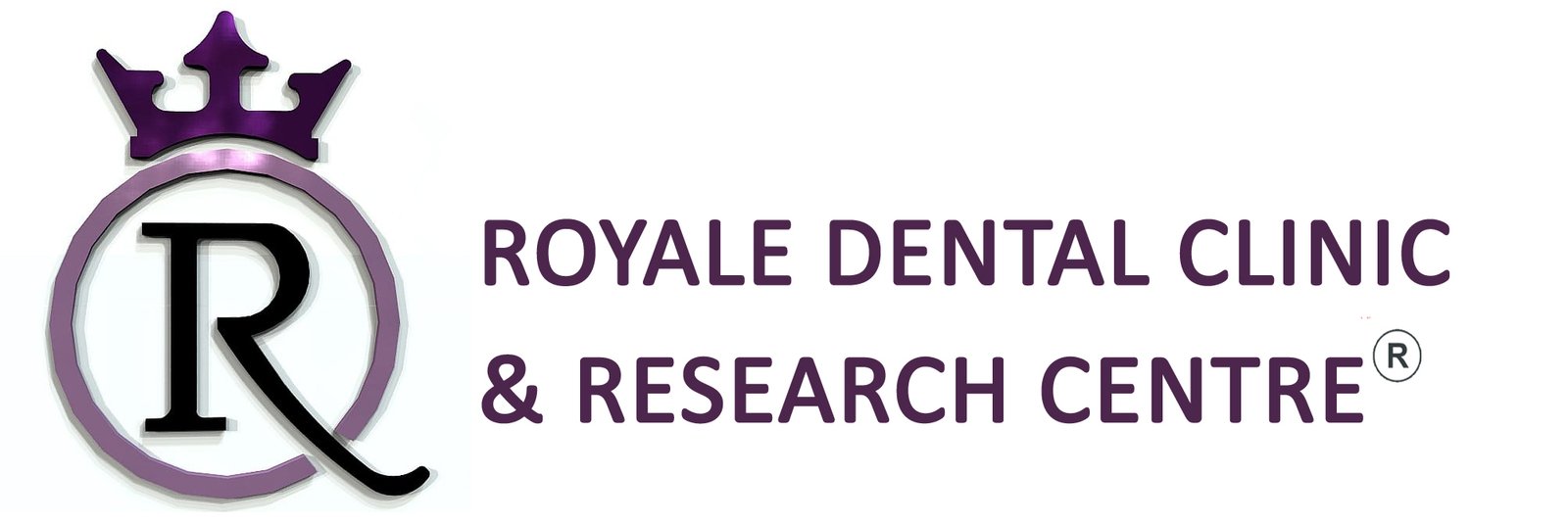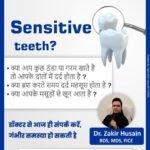The Importance of Diet in Dental Health
Good dental health is essential for overall well-being, and diet plays a crucial role in maintaining healthy teeth and gums.
A balanced diet provides the necessary nutrients to maintain healthy teeth and gums. Essential vitamins and minerals such as calcium, phosphorus, and vitamins A, C, and D contribute to the development and maintenance of dental structures.

Additionally, certain foods can help clean teeth and stimulate saliva production, which is crucial for neutralizing acids and washing away food particles.
The foods we consume can have both positive and negative impacts on dental health, influencing everything from the strength of our teeth to the presence of cavities and gum disease.
This essay explores the importance of diet in dental health, highlighting foods to eat for stronger teeth and gums and those to avoid to prevent dental Care problems.
Dental Health A Foods to Eat for Healthy Teeth
- Dairy Products:
- Milk, cheese, and yogurt are rich in calcium and phosphorus, which are vital for strengthening tooth enamel.
- Cheese, in particular, stimulates saliva production, which helps wash away food particles and neutralize acids.
- Leafy Greens:
- Vegetables like spinach, kale, and broccoli are high in calcium and folic acid.
- Calcium strengthens the enamel, while folic acid promotes gum health and can help prevent periodontal disease.
- Crunchy Fruits and Vegetables: Apples, carrots, and celery have high water content and require significant chewing, which stimulates saliva production.
- Nuts and Seeds: Almonds, walnuts, and sunflower seeds are excellent sources of calcium, phosphorus, and vitamin D.
- These nutrients support strong teeth and bones, while the crunchiness helps clean teeth.
- Fish: Fatty fish such as salmon and mackerel are rich in vitamin D, which aids in calcium absorption. Vitamin D is essential for maintaining healthy bones and teeth.
- Green and Black Tea:
- Teas contain polyphenols that can kill or suppress bacteria in the mouth, reducing the risk of cavities and gum disease. They also help in controlling bad breath.
- Whole Grains:
- Foods like brown rice, whole wheat bread, and oats provide magnesium, which is essential for the absorption of calcium.
- Whole grains also have a lower glycemic index, reducing the risk of tooth decay compared to refined carbohydrates.
- Water: Drinking water, especially fluoridated water, helps rinse away food particles and bacteria. Fluoride strengthens tooth enamel and can help repair early stages of tooth decay.
- Berries and Citrus Fruits:
- While these should be consumed in moderation due to their acidity, they are rich in vitamin C, which is essential for gum health.
- Vitamin C helps in collagen formation, strengthening the gums and other soft tissue in the mouth.
- Cheese and Dairy Alternatives: For those who are lactose intolerant, fortified plant-based milk like almond or soy milk can provide similar benefits as traditional dairy products, offering calcium and vitamin D.
- The crunchiness of these foods can also help scrub away plaque from teeth surfaces.



